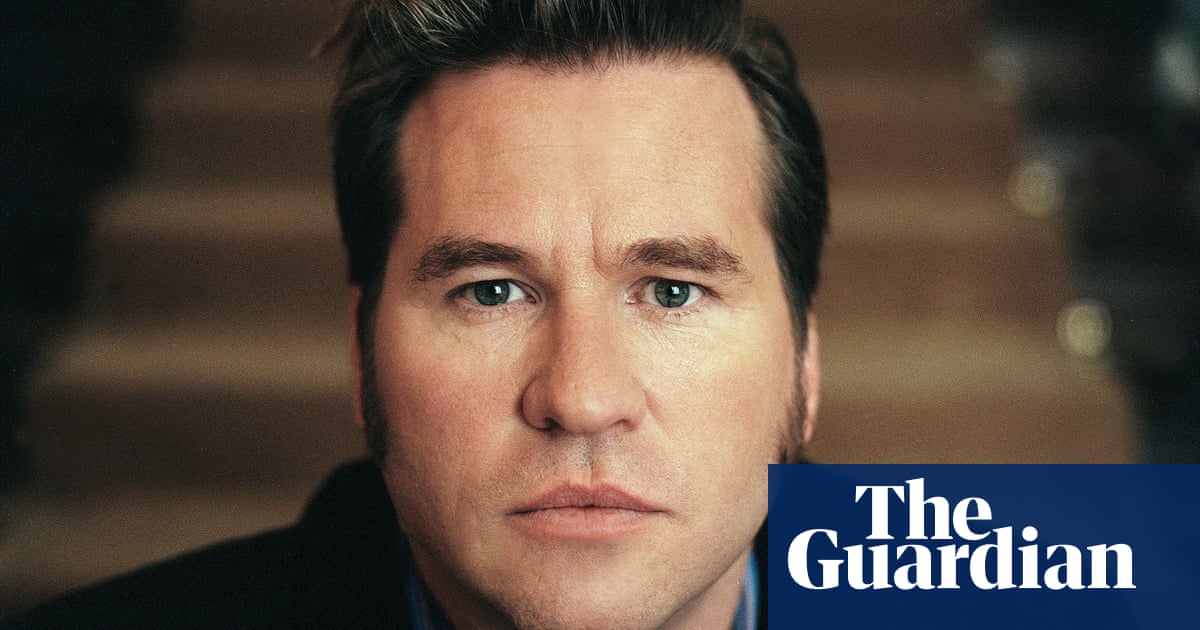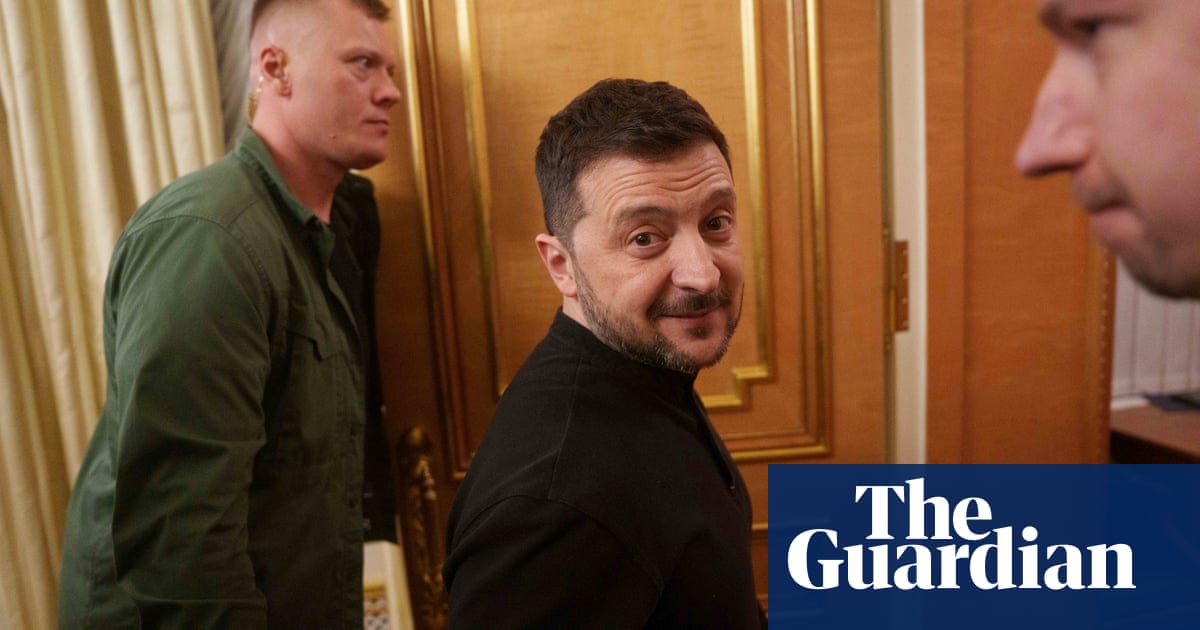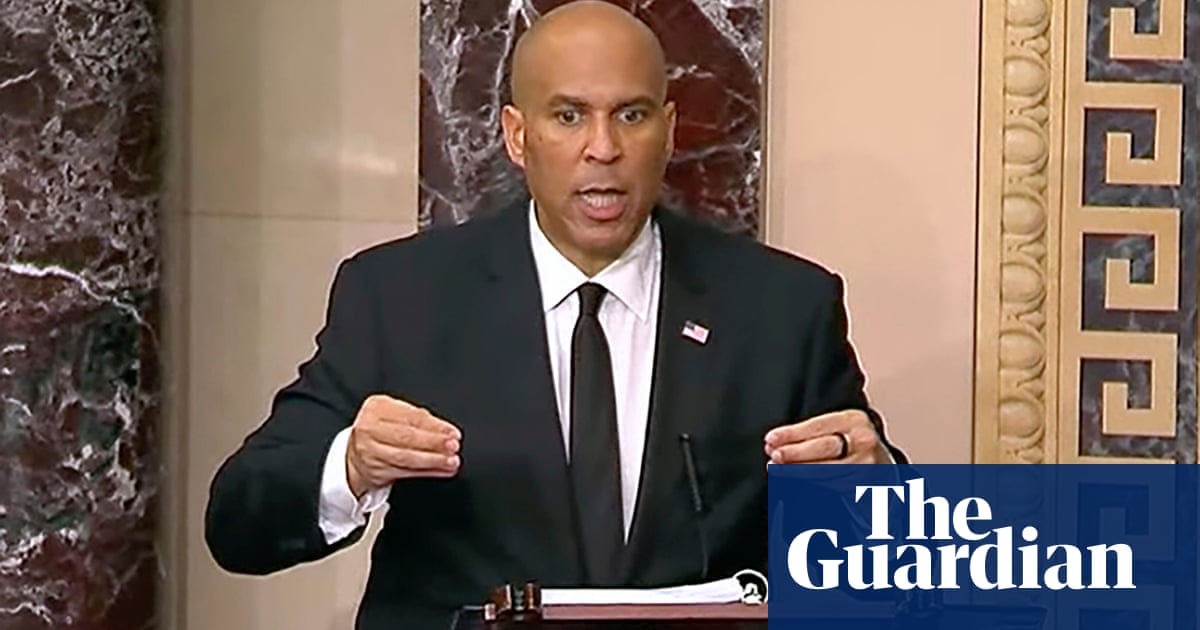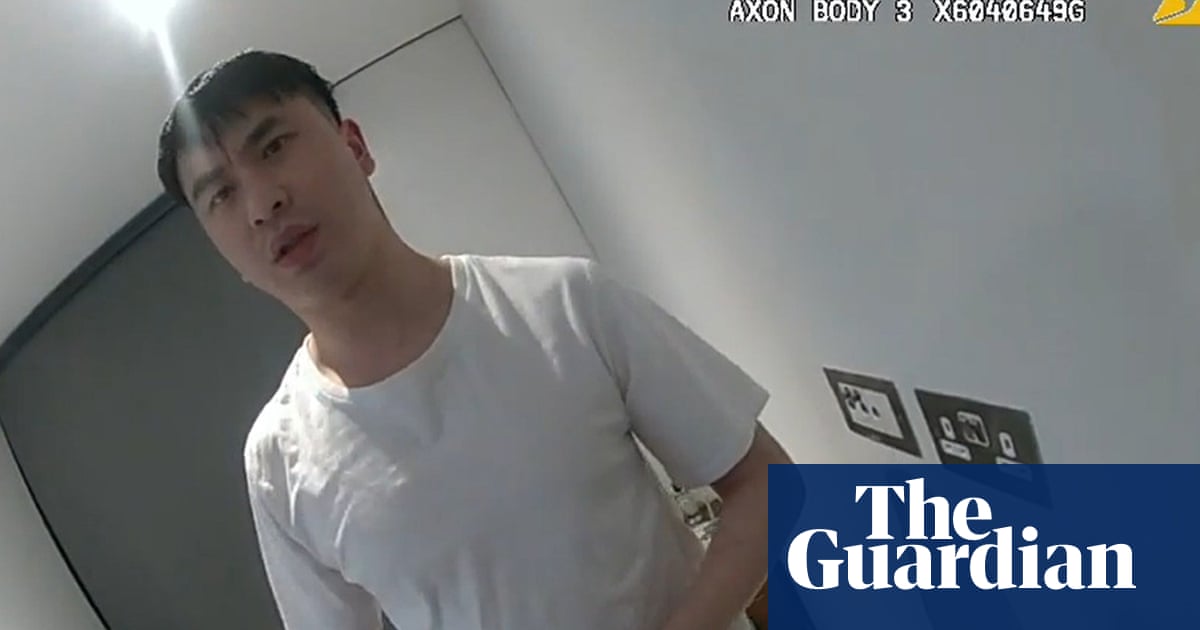Having failed to solve France’s political crisis with a prime minister dependent on the far right, President Emmanuel Macron is exploring a deal with the Socialist party (PS) to give the country a new government, pass an overdue budget and avert financial turmoil. But his room for manoeuvre is severely limited and a non-aggression pact with the centre left may be only a temporary fix.
It has been a humiliating week for the centrist president, seen as a great hope for European leadership when he was first elected in 2017. Macron’s first choice of prime minister, after his impulsive dissolution of the National Assembly in June led to a hung parliament, was Michel Barnier, the EU’s master Brexit negotiator. But the silver-haired Alpine rambler failed to weave his consensus-building magic on stubborn French politicians who didn’t want to share responsibility for public spending cuts – and are already jostling for the race to succeed Macron.
Barnier made one concession after another to try to entice Marine Le Pen, leader of the hard-right anti-immigration National Rally, into keeping his government alive, but his dance of the seven veils secured no goodwill in exchange. Le Pen ordered her deputies to vote for a no-confidence motion tabled by Jean-Luc Mélénchon’s hard-left La France Insoumise (LFI) party, pulling the plug on modern France’s shortest-lived premiership.
While politicians in Paris were locked in a blame game over Barnier’s fall, France’s diminished influence in Europe was dramatically displayed the next day when Ursula von der Leyen, the European Commission president, flew to Uruguay in defiance of Macron’s opposition, to sign a long-awaited trade deal with South American countries in the Mercosur grouping. France fears the EU will be flooded with cheap beef and soya beans produced to lower standards than in Europe. Amid farmers’ protests, Paris has failed to mobilise enough countries to block the landmark accord, which industrial Germany strongly supports.
Adding insult to injury, Von der Leyen was flying to Paris right after inking the trade pact to attend the ceremonial reopening of Notre Dame Cathedral this weekend alongside Macron, the US president-elect, Donald Trump, the German chancellor, Olaf Scholz, and many world leaders.
The president had hoped the spectacular restoration of the gothic landmark severely damaged by fire in 2019 would unleash an uplifting “shock of hope”. Instead, France looks like the sick man of Europe with a deadlocked parliament, an angry and volatile population, public finances in chronic deficit and the far right rattling at the gates of power.
The lame-duck Macron, who has rebuffed calls for his resignation and vowed to serve out his term until 2027, needs to name a new premier fast to try to pull the country out of a deep funk and restore confidence before financial markets start to panic. Borrowing costs have already risen to the same level as Greece’s due to the political instability, but the stock market has held steady and Paris is cushioned by its membership of the eurozone with an implicit German guarantee.
The Socialist leader, Olivier Faure, appeared to throw Macron a lifeline on Friday, saying his party was prepared to seek compromises with the president’s centrist alliance on all issues and to support a government for a limited time if there were “reciprocal concessions”. He did not name a policy price for such a deal but said after meeting Macron that the next prime minister should come from the left, and that the Socialists would not join a government under a conservative premier.
The president is highly unlikely to name a leftwing head of government because the conservative Les Républicains (LR) would almost certainly walk out, denying him a majority in the 577-seat assembly. Any mainstream government not dependent on Le Pen needs the support of both LR, which has 47 seats, the PS, with 66, as well as the 163 deputies from Macron’s centrist alliance and 23 independents.
Faure’s surprise overture came under a crossfire from the radical left and the mainstream conservatives, not to mention sniping within his own party over his lack of consultation. It represents a tentative bid by the Socialists to break free of the stifling embrace of the hard left.
Mélénchon fumed that Faure had no mandate from the New Popular Front (NFP) – the alliance of leftwing parties that jointly contested parliamentary elections in June. The NFP emerged as the largest bloc in the National Assembly but far from a majority.
The conservative interior minister, Bruno Retailleau, said “the right cannot make any compromise with the left”, accusing the Socialists of having shackled themselves to the extreme left and refused to break with Mélénchon despite his virulent anti-Israeli comments and “irresponsible censure motion” over the budget. But other LR aides said a non-censure deal with the Socialists was possible if the prime minister hailed from the right.
One veteran figure appears to fit the picture as a potential compromise prime minister: François Bayrou. The mayor of Pau and leader of the centrist Democratic Movement (MoDem) could be acceptable to both sides, at least for a limited period and with a limited policy agenda.
after newsletter promotion
The biggest challenge will be the Socialists’ demands to scrap Macron’s unpopular pension reform, raising the retirement age from 62 to 64 – still among the lowest in Europe. Repealing that flagship measure is a red line for the president. But Faure hinted that he could accept a temporary freeze on the retirement age, or some amendments to the law.
Both the Socialists and Les Républicains – the two parties that governed France alternately between 1958 and 2017 – are struggling to survive and win voters back from the more radical brands of protest politics embodied by Le Pen on the right and Mélénchon on the left.
For the Socialists, the risk is that by blowing up the NFP alliance, they could launch a fratricidal war on the left that could cost them town halls around the country in 2026 municipal elections. For Les Républicains, the danger is that Le Pen will continue to capture their conservative electorate of the middle classes, farmers and pensioners while cementing her hold over the disillusioned working class and angry young voters.
In a country with no culture of compromise, even negotiating with the other side is often branded treachery. A compromise between centrists, Socialists and Les Républicains may give France a stable government for a while, but equally likely may open a highway for Le Pen to march into the Élysée Palace in 2027 or before.
-
Paul Taylor is a senior visiting fellow at the European Policy Centre
Do you have an opinion on the issues raised in this article? If you would like to submit a response of up to 300 words by email to be considered for publication in our letters section, please click here.

.png) 3 months ago
36
3 months ago
36













































